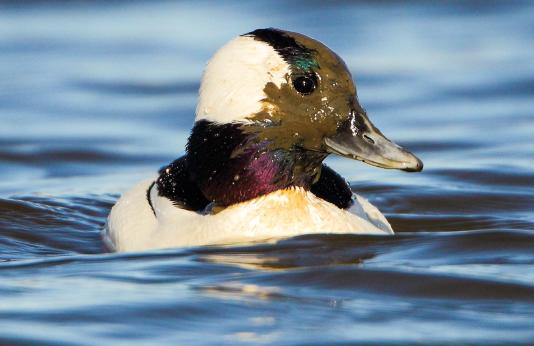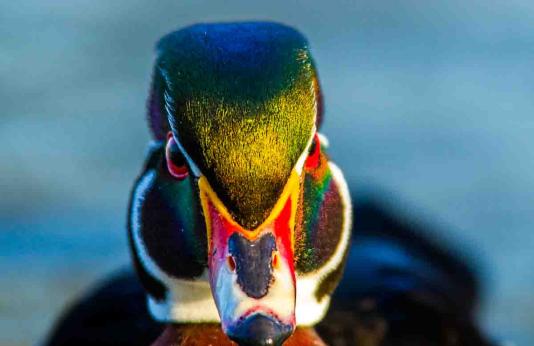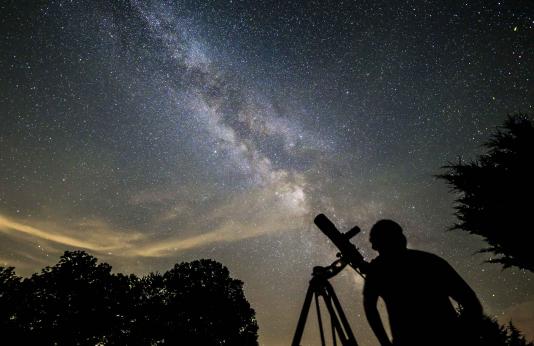Their sight and sound might bring panic at a picnic, but our need for bees is crucial.
Bees make up a powerful force of pollinators that are responsible for 75 percent of food production worldwide… and help with habitats that many animals rely on for food and shelter.
Missouri has 450 different species of bees, including many types of bumblebees. Honeybees are not native but important to global agriculture and economies. Our native bees are thought to be the most proficient pollinators. A single blueberry bee can visit 50,000 flowers in its short lifetime, resulting in 6,000 blueberries. Without native bees many of our native plants could not reproduce effectively, and there would be fewer seeds and fruits.
Some bees and other pollinators are declining. Anyone with a backyard or a farm can help by planting native plants that provide beauty and essential habitats.
Without bees and other pollinators, your picnic basket might be empty.
Bees are a vital part of our ecosystem.
To Bee or Not to Bee?
Help our pollinators in Missouri by providing for their habitat needs. Here’s how:
- Establish perennial native wildflower gardens with a minimum of 25 species. Pick a mix of species that offer a variety of color and blooms throughout the growing season (April to October). According to research, native plants like grayhead coneflower, golden Alexanders, leadplant, and purple prairie clover are necessary for promoting bee diversity.
- Plant or manage for native flowering shrubs, such as false wild indigo and wild plum.
- Edge feathering, the practice of chopping and dropping trees along hedgerows, can be used to increase the amount of downed dead wood and stumps for mason bees or yellow-faced bees.
- Maintain undisturbed areas of bare ground for miner bees and sweat bees. They make their nests in the ground and need an area free of plant litter to build their nest tunnel.
- Don’t forget to plant and protect pollinators’ host plants, such as milkweeds for monarchs or spicebush for spicebush swallowtail butterflies.

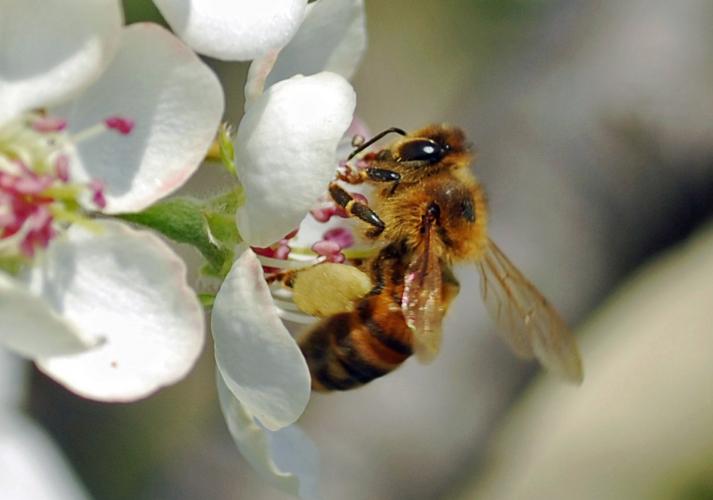
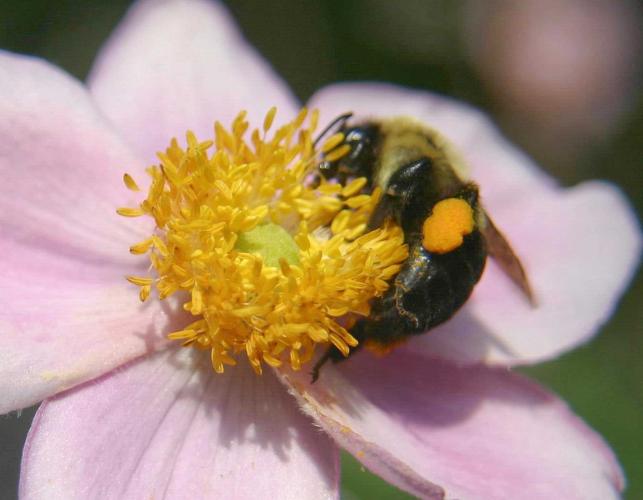
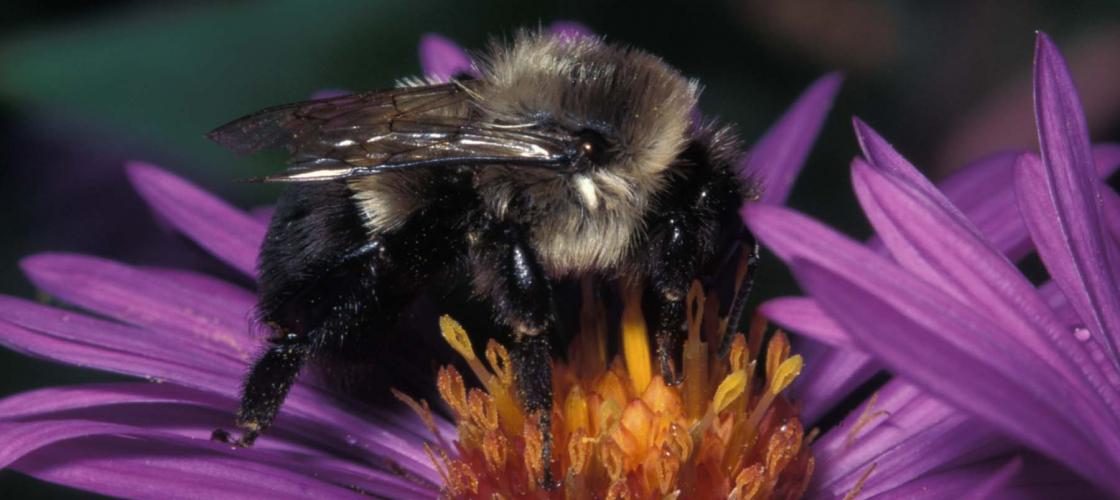
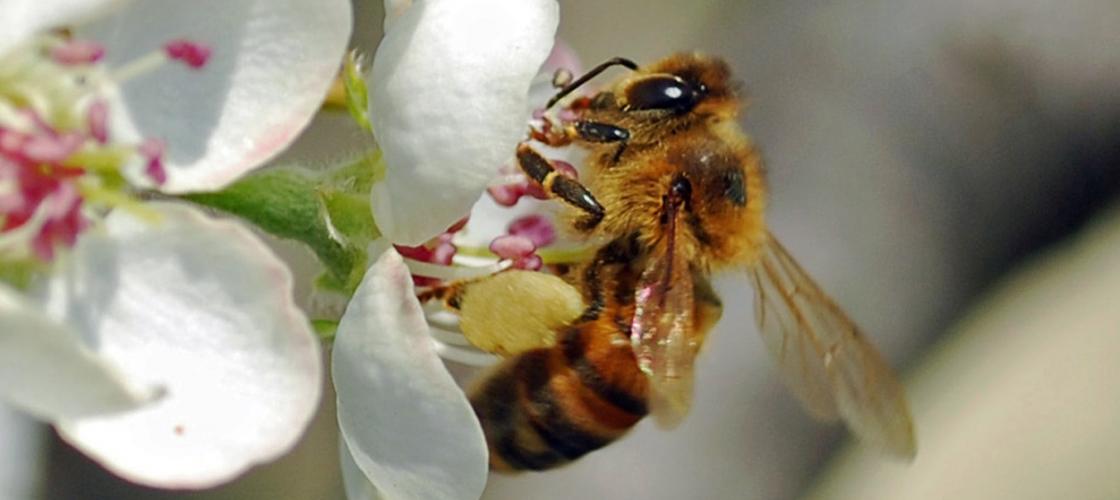

Recent Posts
